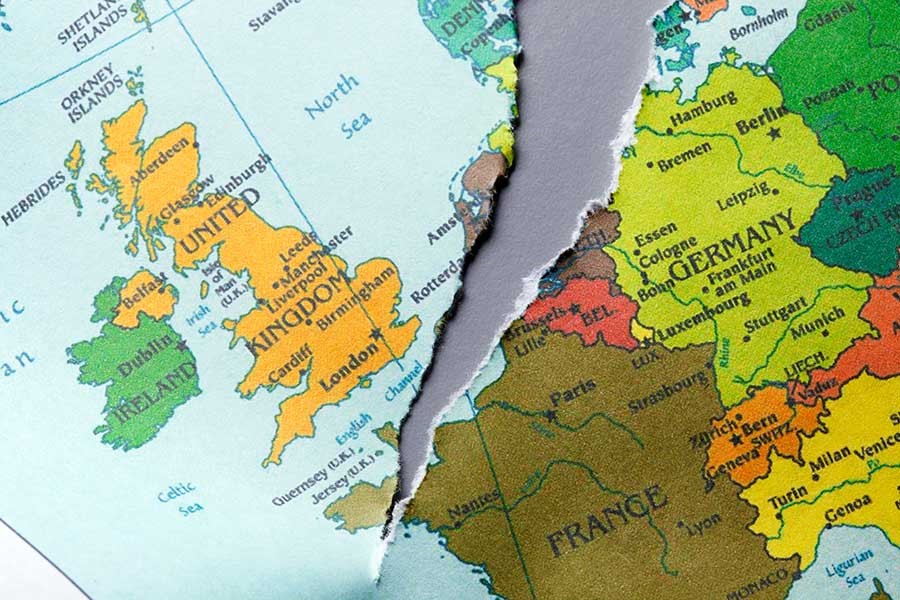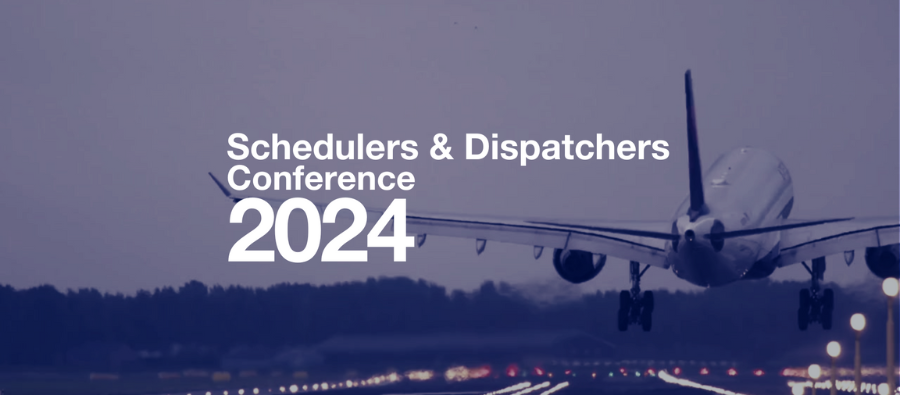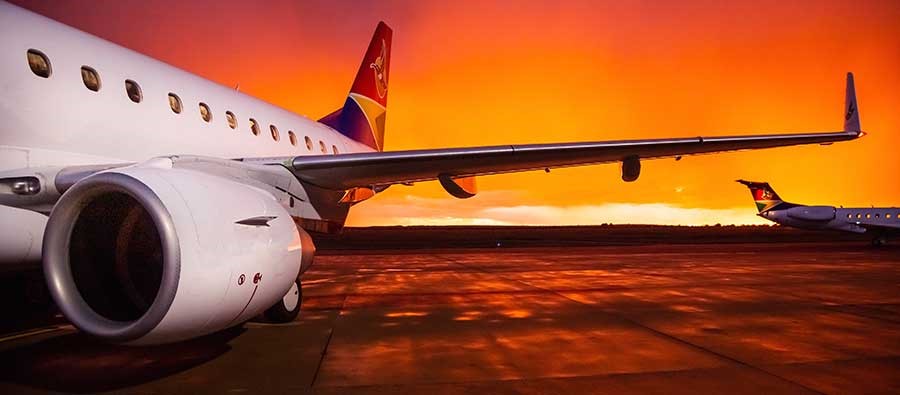Brexit’s Potential Impact on Aviation: Will Brexit spell prosperity for Britain or economic hardship? By the end of March, the British Parliament may trigger the “point of no return” in the UK’s exit process from the 28-nation European Union (EU). The aviation industry is as much at a loss to understand the full impact of this as any other industry right now.
On June 23, 2016, the UK held a referendum whereby 52 percent of British voters decided to exit the EU. The referendum itself has no real effect, so the British Parliament advanced the bill in the House of Commons on February 1, 2017. This decision to move Brexit negotiations forward will usher in more rounds of parliamentary action. The House of Lords, the upper chamber of the British Parliament will have to vote on the bill before it can become law.
Assuming the decision is affirmed, Article 50 of the Lisbon Treaty, the mechanism by which a member state formally declares its intention to leave the EU will take effect. Upon formalizing Article 50, the UK and EU will have two years – perhaps longer if an extension is negotiated – to settle the terms of the withdrawal.
Regardless, it appears that the UK will opt for a “hard Brexit,” taking no half measures; sending no mixed messages. British Prime Minister Teresa May has made this point crystal clear. With the UK bowing out of the European single market, opponents of Brexit paint a bleak scenario post-exit – one that maintains the current air of uncertainty for commerce and economic growth for a prolonged period. Proponents, however, tout the UK’s ability to forge lucrative trade partnerships with numerous countries outside of the EU and a return to economic independence, out from under “crushing“ EU regulations and legislation.
In light of all this posturing from both camps, some hard-and-fast questions remain: How will all this impact aviation in Europe? Will the UK have to replace the current European Aviation Safety Agency (EASA) regulations with new ones of its own? With all these operational and regulatory questions in play, it’s easy to see that aviation could be hugely affected – and negatively, at least initially.
At this point, it’s unclear if the UK will remain a part of the European Common Aviation Area (ECAA), which is comprised of EU states, Norway, Iceland, and non-EU Balkan states. To retain membership in ECAA, will the UK have to cede major concessions regarding technical rules and economic integration? One potential roadblock remains: the UK would have to agree to “a close framework of economic cooperation” in order to remain part of ECAA. With the UK’s hard line on open movement of labor across its borders, it’s difficult to see an easy agreement. The alternative could be the UK negotiates its own open skies agreements, like Switzerland has.
The mounting uncertainty is creating massive headaches for aviation in the UK already – companies cannot plan for the future with any degree of confidence; they cannot budget accordingly or forecast profitability. It seems likely that the UK will be forced to give up much (or all) of its air transport and air traffic rights that were negotiated by the EU with non-EU countries. Additionally, the UK will have to decide whether to continue extending those rights to EU and non-EU countries conducting operations into and within the UK.
By its very nature, the aviation industry is highly regulated for safety, air traffic management, security, and environmental measures. Some also protect and maintain competitiveness. These regulations are often based on agreements reached between governments. They may be pan-global, like those imposed by the International Civil Aviation Organization (ICAO), under the auspices of the United Nations (UN). At a minimum, regulations must be agreed upon by the participating parties that determine the traffic rights.
To compound the issue, the UK government is not offering much guidance for aviation. And with the UK being the largest member nation to ever leave the EU, these are uncharted waters. It’s becoming clear that British aviators may be forced to withdraw its EU-aviation associations and memberships.
For now, speculation rules the day. And the answers may not come until after the Brexit negotiations are completed. Plus, the general feeling is that UK operators will experience an increase in operating costs as a result. For more insight into the potential fallout from Brexit on aviation, read the International Air Transportation Association (IATA) report, “The Impact of ‘BREXIT’ on UK Air Transport.”
Visit UAS Blog for more updates as developments continue to unfold.





